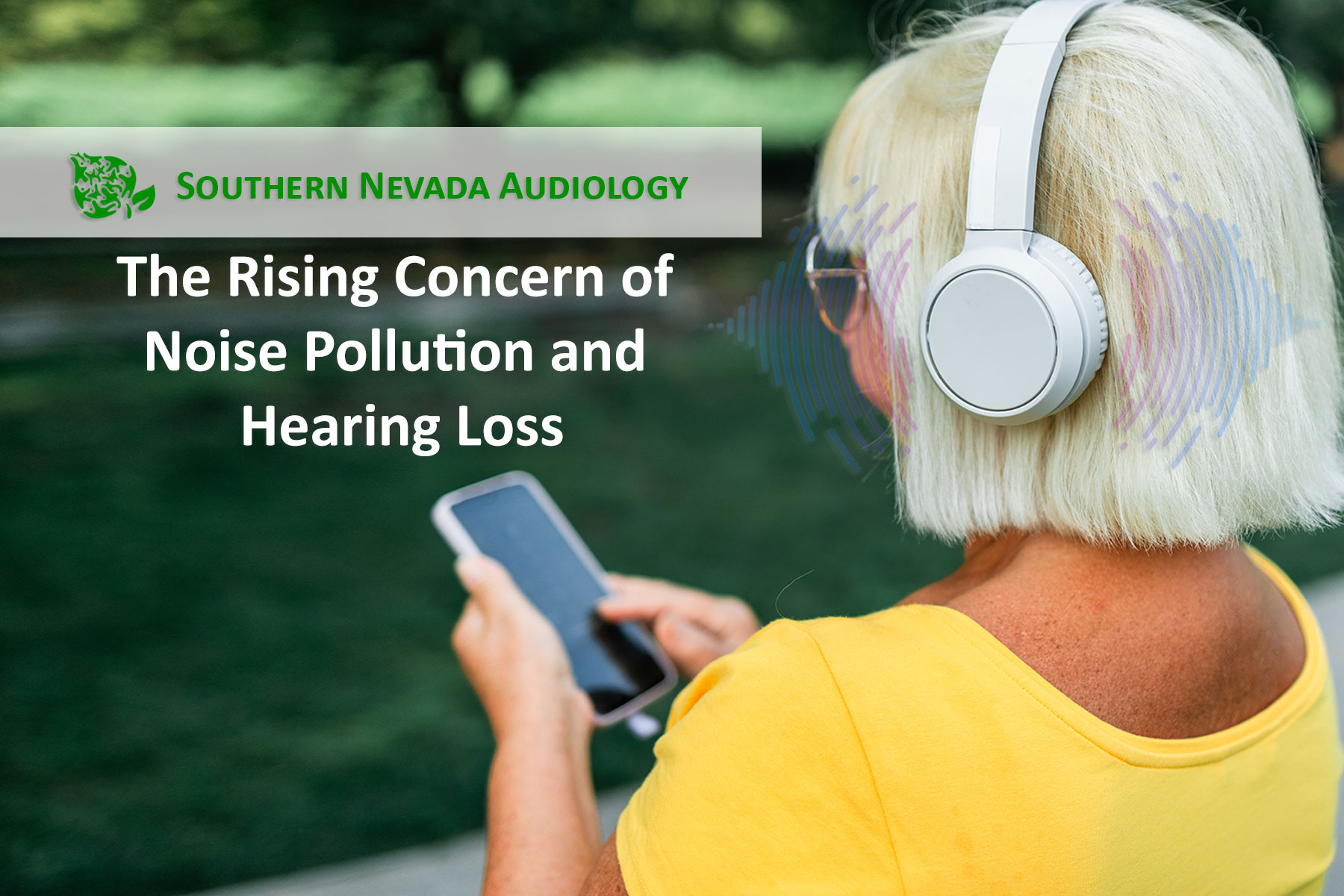Noise pollution has become a major concern in modern society. With the increasing use of technology, noise levels have reached alarming heights, posing a serious threat to our hearing health. Prolonged exposure to loud noise can lead to irreversible hearing damage, causing hearing loss and other auditory issues.
The Impact of Hearing Loss
• Hearing loss is a global health issue affecting millions.
• World Health Organization (WHO) Statistics:
o 466 million people worldwide suffer from disabling hearing loss.
o This number is projected to exceed 900 million by 2050.
• Major Causes of Hearing Loss:
o Aging
o Exposure to loud noise (a leading contributor)
Understanding Noise-Induced Hearing Loss (NIHL)
Noise-induced hearing loss occurs when loud sounds damage the hair cells in the inner ear over time, leading to permanent hearing impairment.
• Symptoms of NIHL:
o Temporary or persistent ringing in the ears (tinnitus)
o Difficulty hearing in noisy environments
o Complete or partial hearing loss
Preventing Hearing Loss
The good news is that noise-induced hearing loss is preventable. The first step in protecting your hearing is to undergo a professional hearing test. Early detection can help prevent further deterioration.
Types of Hearing Tests
Several hearing tests can assess and diagnose hearing problems:
• Pure Tone Audiometry
o Measures the softest sounds a person can hear at different frequencies.
o Conducted in a soundproof booth using headphones or earbuds.
• Interactive Audiometry
o A self-administered online hearing test.
o Can be taken using a computer or mobile device from home.
• Mobile Audiometry
o Portable hearing testing devices.
o Ideal for use in remote or hard-to-reach locations.
Advancements in Hearing Care
• Companies like hearX Group have developed digital hearing health solutions.
• Their innovations include clinical, screening, and self-test tools for faster, more efficient, and accurate hearing care worldwide.
Take Control of Your Hearing Health
Noise-induced hearing loss is avoidable. By taking proactive steps, you can maintain good hearing health and reduce the need for hearing aids or medical interventions.
• Get regular hearing check-ups.
• Use hearing protection in noisy environments.
• Limit exposure to loud noises.
Control the noise before the noise controls you!

